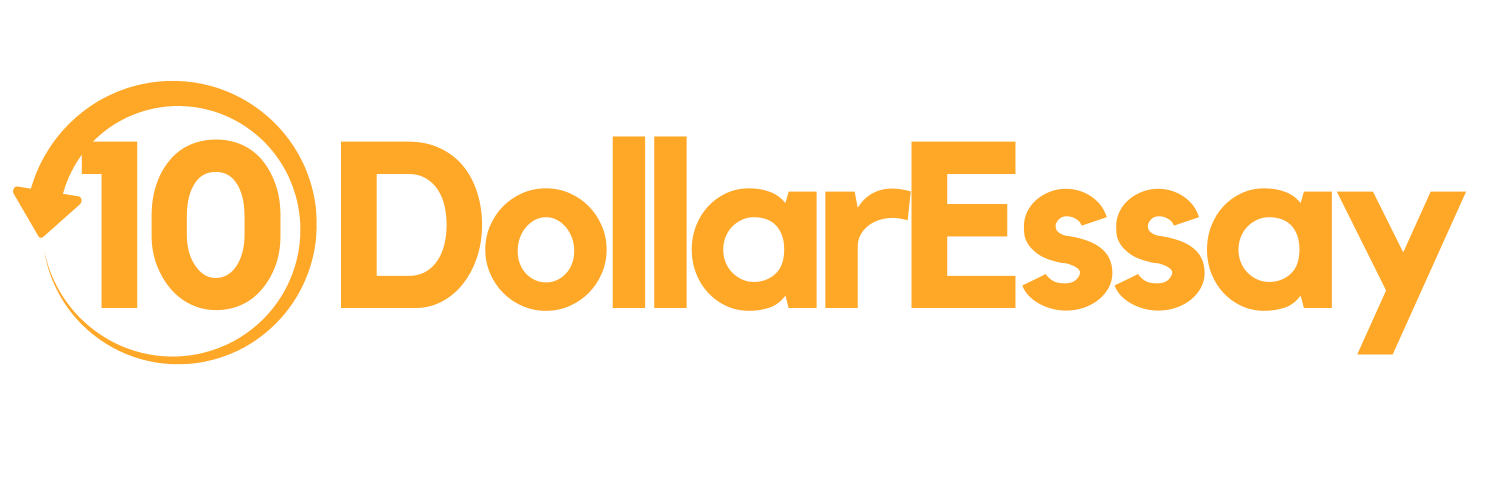Provide a 2 pages analysis while answering the following question: Child Developmental theories. Prepare this assignment according to the guidelines found in the APA Style Guide. An abstract is required. 25 pts What domains does this theorist describe as developing? i.e. physical, social, emotional, cognitive, all Is this theory considered A stage theory. What does he or she describe as the primary impetus for Childrens developmental change.Briefly summarize the theory or what the theorist is most known for. Sigmund Freud 1856-1939PsychosexualyesSatisfaction of a libidinal needsUnconscious desires control human behavior. Id, ego, and super ego are the basic components of the mind. Lev. Vygotsky 1986-1934Cognitive, social and languageyesCultureDevelopment is impacted by interactions with culture, friends, and families. There are eight stages throughout lifetime that personality developsJean Piaget 1896-1980Cognitive and socialyesInteractions with culture, friends, and familiesDevelopment occurs in eight stages. Development is impacted by interactions with culture, friends, and families.Erik Erikson 1902-1994Emotional, psychological and socialyesOvercoming a conflictA child is considered an active learner developing through stages.John Bowlby 1907-1990Emotional and psychologicalnoConditional behaviorsLearning occurs gradually and continuous. Development occurs due to specific conditional behaviors. Emphasizes on the environment, rather than hereditary. Observable behaviors are the most import.B. F. Skinner 1904-1990LanguagenoEnvironmentLearning occurs gradually and continuous. Development occurs due to specific conditional behaviors. Observable behaviors are the most import. Uri Bronfenbrenner 1907-2005SocialYesBoth Environment and hereditaryBalance between nurture and nature. Child is at the middle of concentric factors that affects the child. Lawence Kohlberg Born 1926psychologicalYesmoralityMoral development is continuous and occurs throughout lifetime.Howard Gardner Born 1943Psychological and socialnoMultiple intelligenceMultiple intelligence, including special relations, music, and interpersonal knowledgeArnold Gesell (18801961)physicalYesNature or heredityGrowth and development take place in a series of stages. Personal genetic makeup affects maturation rate10ptsSelect 3 developmental theories and discuss how viewing development from these theoretical lenses might impact your clinical Physical therapy or Occupational therapy practice working with children. Over the past few decades, there has been an increasing interest in the development and use of theory in physical and occupational therapy. Therapists have realized that theory is not only meant for academic field, but is also useful in the clinical setting and community at large. In addition, therapists have realized that theory is not only useful for the sake of understanding ideas and concepts, but also for informing, explaining and guiding the practice of therapy. Three of the theories can help direct the physical and occupational therapy on children include Sigmund Freud and Erik Eriksons psychoanalytic child development theories and Jean PiagetTo begin with, the application of Freuds psychoanalytic theory in physical and occupational theory can be of great value in the sense that emphasizes the importance of childhood experiences and events on development. Unlike other theorists, Freud focused mainly on the mental disorders, as opposed to normal functioning in child development. In his theory, Freud described child development in a series of psychosexual stages. The stages, according to Freud include oral, anal, phallic, latency and genital. In this regard, Freud noted that each of the stages require the satisfaction of a libidinal needs which can also play an important role during adulthood. Freud also found out that it is not easy for a child to complete each of the stages successfully and noted that a child would develop a fixation that would later impact adult personality and behavior. Therefore, understanding this theory might help physical and occupational therapists in applying effective therapies on children by taking regard their developmental stages and patterns.Another developmental theory that can be of value to therapists is Erik Ericksons emotional psychological development theory. This theory was build upon Freuds earlier works. Erickson identified eight important stages in a childs development. According to Erickson, each of these stages is marred by a conflict that must be resolved in order for a child to develop emotionally and socially. In addition, he noted that each stage has both negative and positive outcome, though people tend to be at either ends of the spectrum. Erickson also noted that the failure of success in dealing with the crisis in each of the stages could affect overall functioning. Ericksons theory is useful in therapy since it suggests that child development requires that therapists deal with conflicts first, which is important.Lastly, Jean Piagets child development theory is also crucial as far as the application of theory in therapy is concerned. According to theory, Piaget suggested that children learn by actively constructing knowledge through experience. He posited that the roles of adults in assisting a child to learn is by provide the necessary materials for the child to be able to interact and construct. This is an important suggestion that therapists can apply when working with children in a clinical setup.
Child Developmental theories
Get your custom paper done at low prices
275 words/page
Double spacing
Free formatting (APA, MLA, Chicago, Harvard and others)
12 point Arial/Times New Roman font
Free title page
Free bibliography & reference
TESTIMONIALS
What Students Are Saying
Outstanding, thank you very much.
Awesome. Will definitely use the service again.
